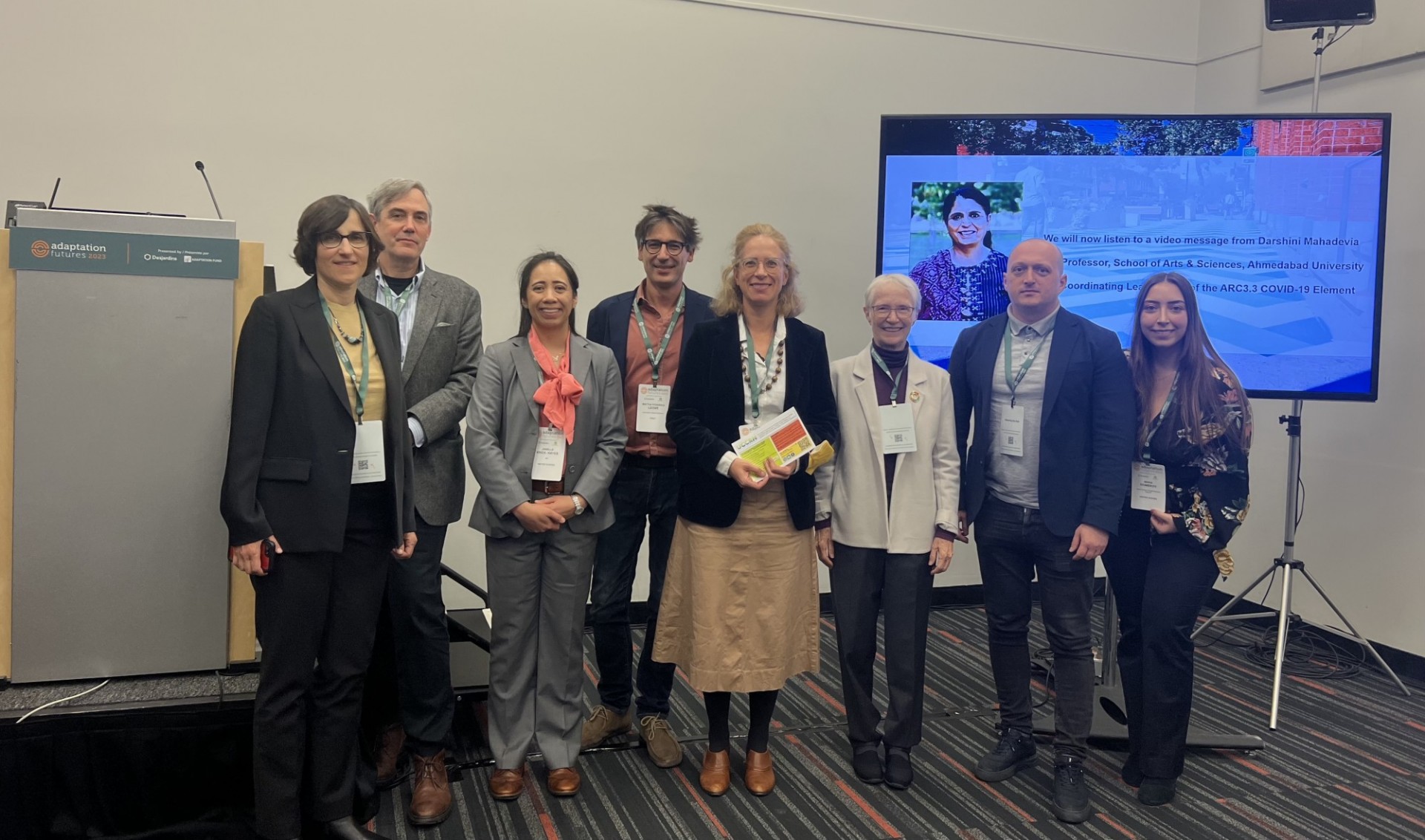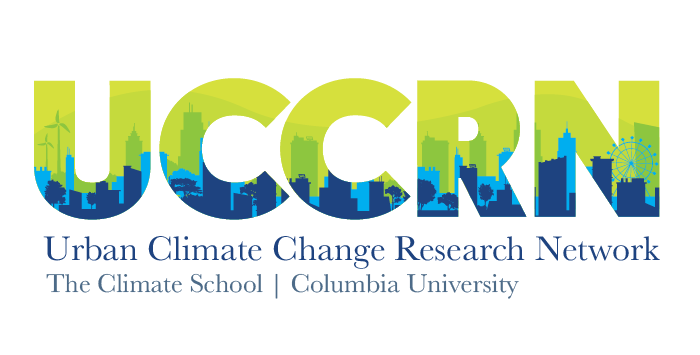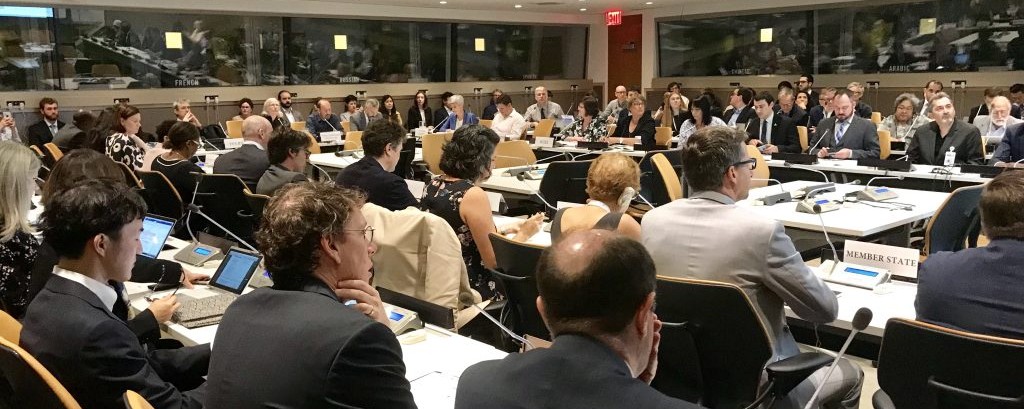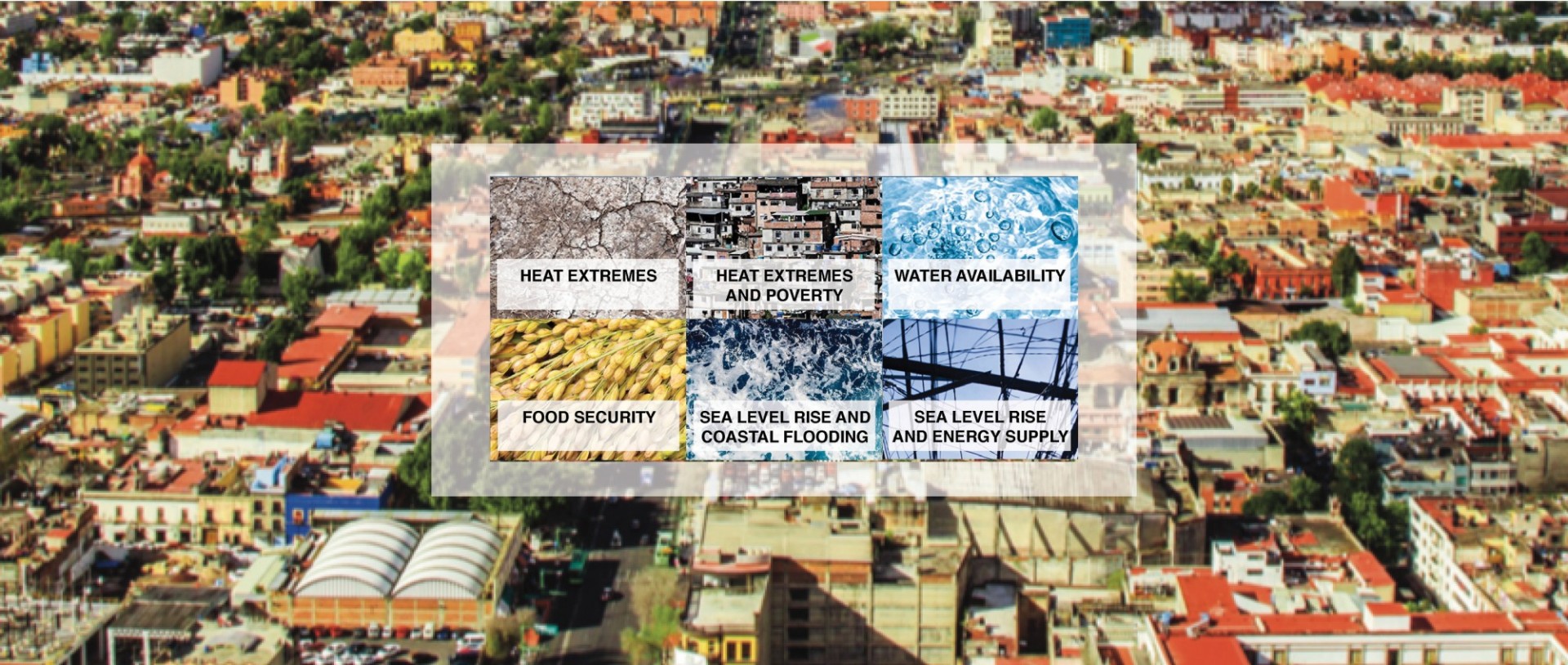Active Research Projects
Third Assessment Report on Climate Change and Cities (ARC3.3)
Elements in Climate Change and Cities – published in collaboration with Cambridge University Press – provides readers with urban climate change knowledge, tools, and case studies to heighten opportunities for sustainability and resilience in cities worldwide. This twelve-publication series forms UCCRN’s Third Assessment Report on Climate Change and Cities (ARC3.3), building on the preceding ARC3.1 (2011) and ARC3.2 (2018).
UCCRN Regional Hubs
Building on a series of scoping sessions with stakeholders and members, UCCRN is transitioning from a report-focused organization to one that leads an on-going, sustained global city-focused climate change knowledge assessment and solutions program. The program is targeted to early, mid, and late-adopter cities through the expansion of the UCCRN to include proactive Regional Hubs, with field directors, program coordinators, and researchers that strengthen ongoing collaborations and knowledge exchange both for and with cities.
News
UCCRN Climate Change and Cities Expert Meeting
The Urban Climate Change Research Network (UCCRN) hosted a Rio G20 side event at the Pontifical Catholic University of Rio de Janeiro, Brazil on March 27, 2024. Sponsored by the Columbia Global Center | Rio de Janeiro, UCCRN Education, and UCCRN’s Latin American Hub, the Expert Meeting brought together international urban experts – as part of UCCRN’s Year of Climate Action – to engage in the global discourse on climate change and cities.
UCCRN at Adaptation Futures 2023
UCCRN was front and center at the Adaptation Futures 2023 Conference in Montreal this year, both as a conference sponsor and session organizer. The network hosted two well-attended sessions, and our members participated in events throughout the week.
We look forward to supporting the science and organization of the next Adaptation Futures Conference in Christchurch, New Zealand (2025).
Join UCCRN's Sessions at Adaptation Futures 2023!
UCCRN is hosting two sessions at the upcoming Adaptation Futures conference in Montreal next week. We hope to see members of the climate adaptation community in Montreal and at our sessions!
On October 3rd (11 AM - 12:30 PM), the Urban Climate Change Research Network’s (UCCRN) panel session will share critical research takeaways and policy recommendations from the first Elements of UCCRN’s Third Assessment Report on Cities and Climate Change (ARC3.3).
Photos
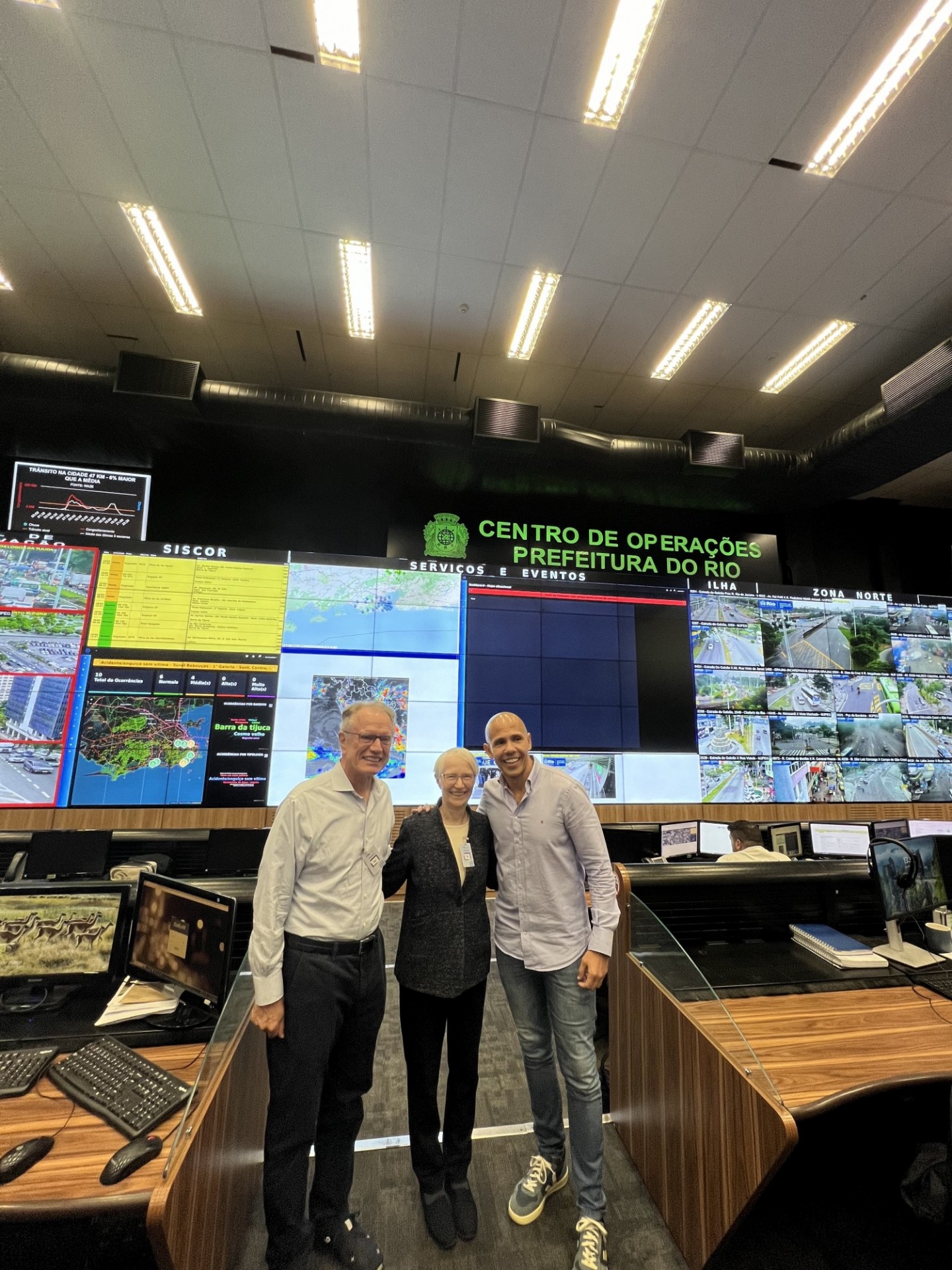
Cynthia Rosenzweig and Thomas Trebat with Marcus Belchior of Centro de Operações Rio
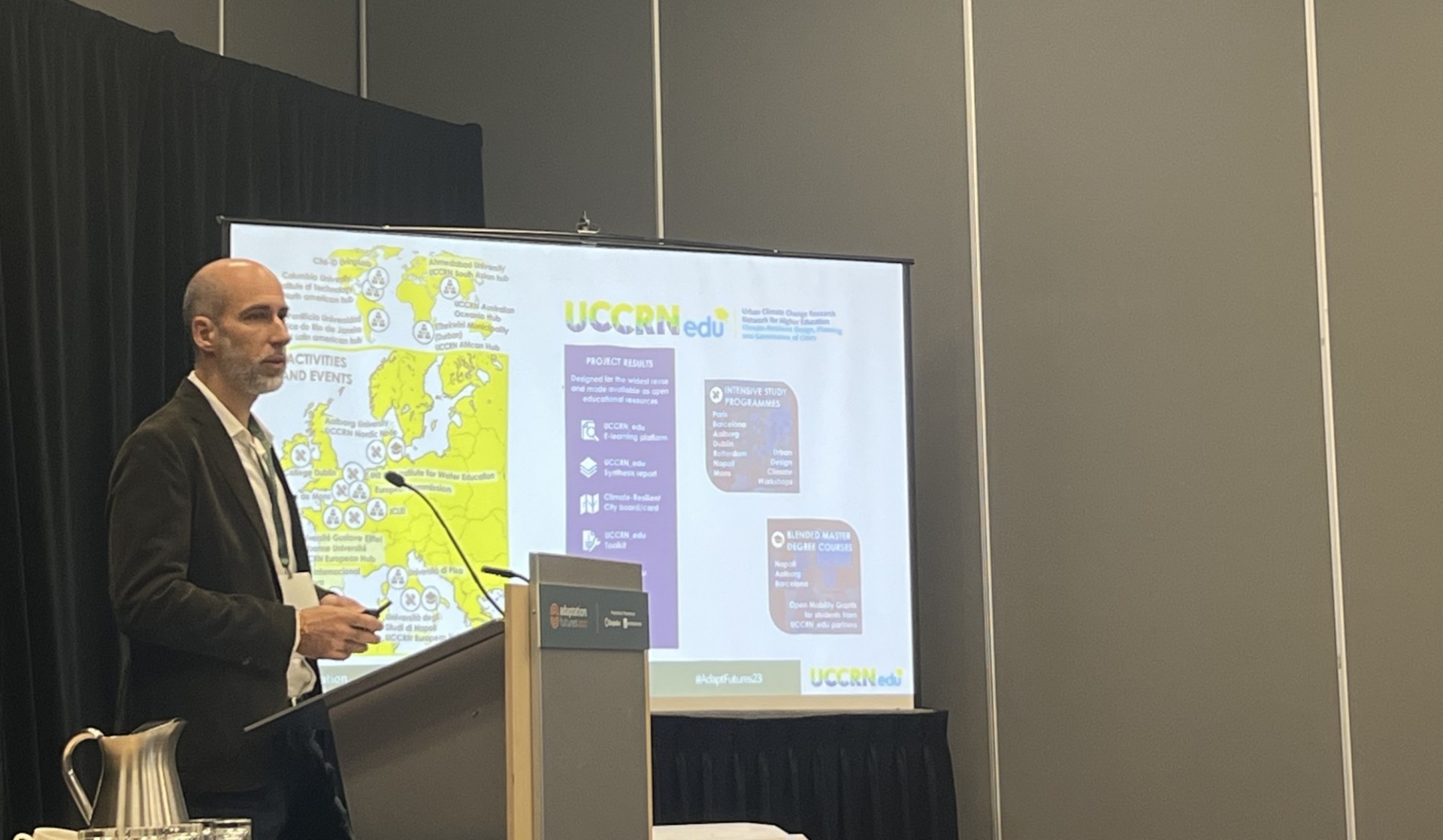
Lorenzo Chelleri presenting UCCRN_edu at Adaptation Futures
UCCRN with Ouranos and Copticom
